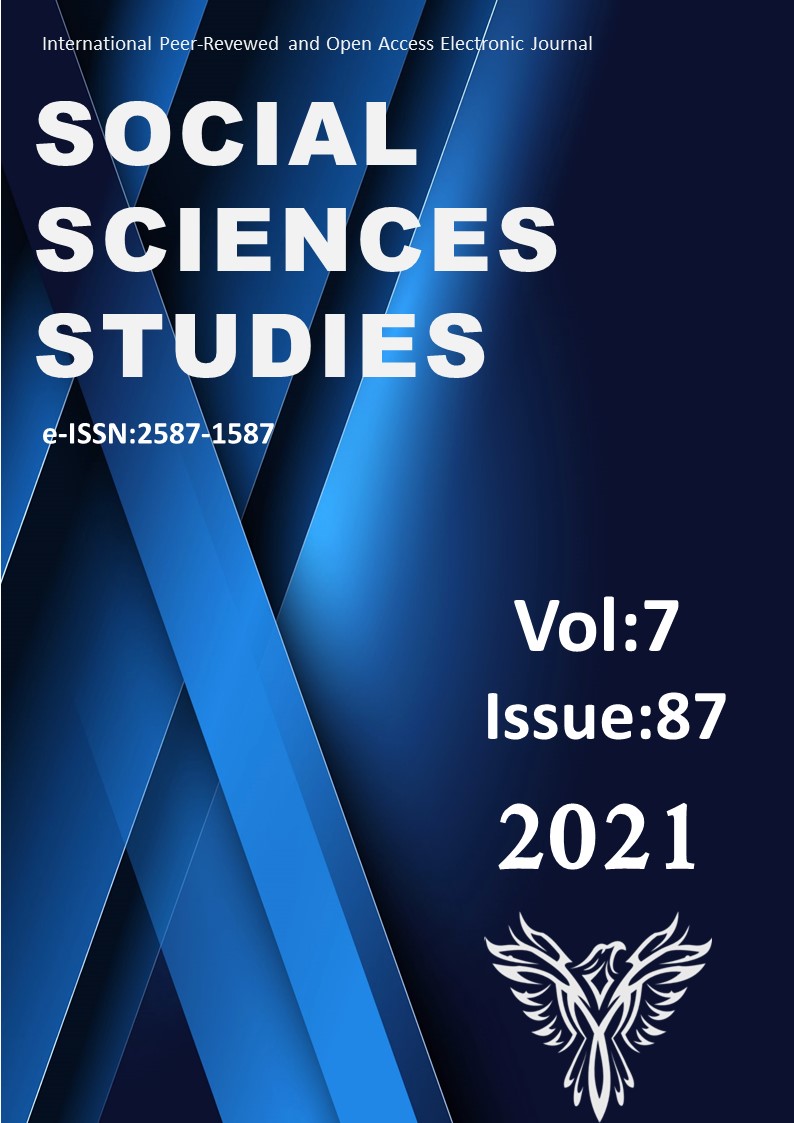Author :
Abstract
Sürdürülebilir bir ekonomik büyümenin olmazsa olmazı rekabet edebilirliğin sağlanmasında, katma değer yaratacak yeni ürün ve süreçlerin üretimi günümüzde ülkelerin temel hedefi haline gelmiştir. Bu kapsamda yenilik odaklı faaliyetlerin yürütüldüğü merkezlerden biri olan teknoloji geliştirme bölgelerine yönelik düzenlenen çeşitli destek mekanizmaları ile bu faaliyetler devlet tarafından teşvik edilmektedir. Yeni ürün ve süreçler geliştirmek üzere bölgede yürütülen yazılım, tasarım ve araştırma geliştirme (Ar-Ge) faaliyetlerini teşvik etmek için uygulanan önemli destek unsurlarından biri de kazanç istisnasıdır. Bu çalışmanın amacı kazanç istisna tutarının nasıl belirlendiğini açıklamaktır. Bu kapsamda çalışmada öncelikle istisna kapsamındaki faaliyetler hakkında bilgi verilmiş ve sonrasında kazancın elde ediliş şekline göre istisnaya konu olacak kısmı örnek uygulamalarla açıklanmıştır. Kazancın gayri maddi haktan veya sipariş üzerine yapılan işlerden elde edilmesine göre istisna kapsamının değiştiği sonucuna ulaşılmıştır.
Keywords
Abstract
The production of new products and processes that will create added value in ensuring competitiveness, which is essential for sustainable economic growth, has become the main goal of countries today. In this context, these activities are encouraged by the state with various support mechanisms organized for technology development zones, which are one of the centers where innovation-oriented activities are carried out. One of the important support elements applied to encourage design, software and research and development activities carried out in the region to develop new products and processes is the earnings exception. The aim of this study is to explain how the profit exception amount is determined. In this context, the study first provided information about the activities within the scope of the exception, and then the part that will be subject to the exception according to the way the gain is obtained is explained with sample applications. It has been concluded that the scope of the exception varies depending on whether the profit is obtained from work performed on the order or based on an intangible right.





